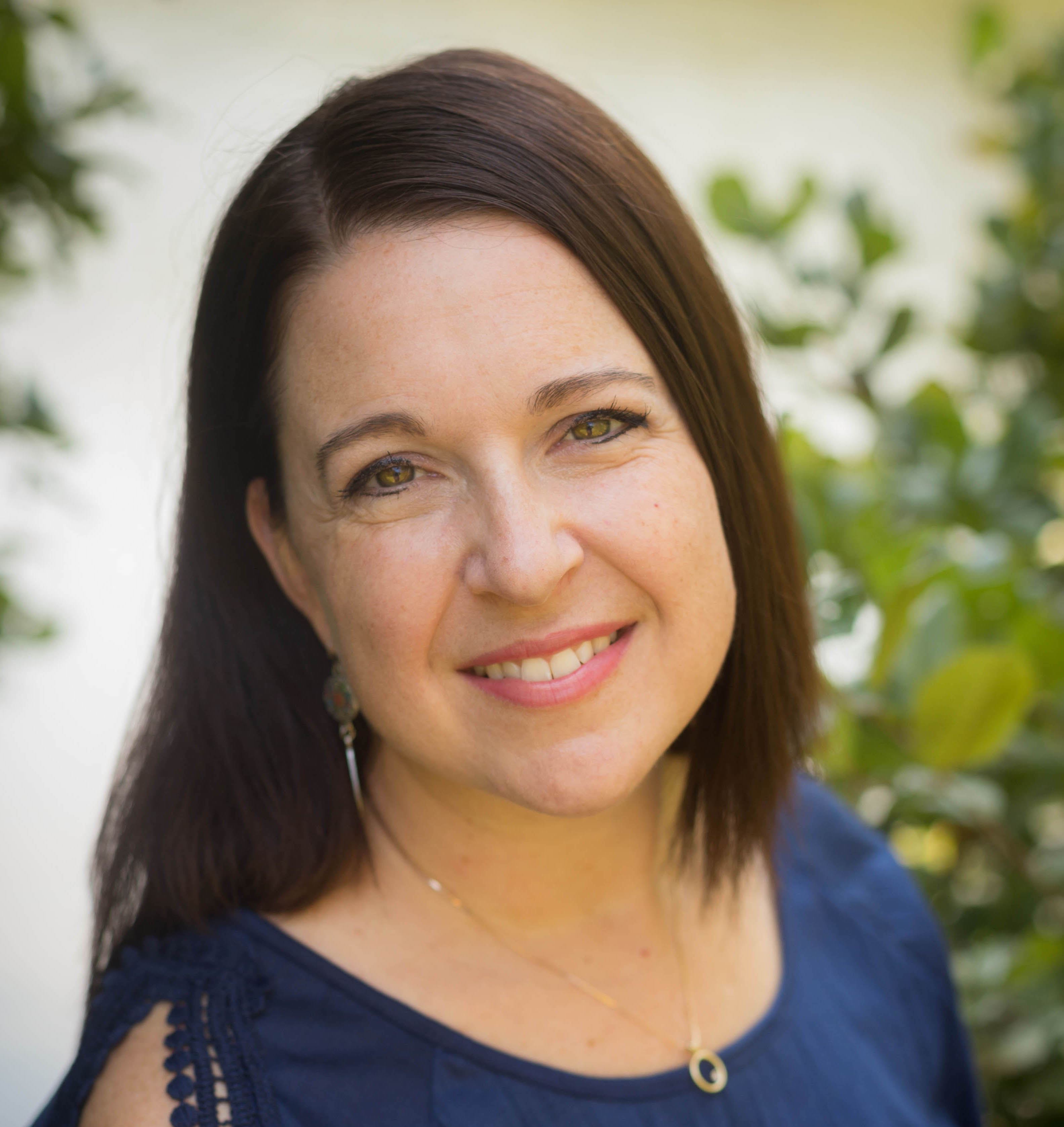3 Transforming Lessons in Freedom from the Book of John

I’m a huge fan of the movie, “Aladdin.” Not much can compare with the entertaining songs and antics of the Genie. Robin Williams will forever be my favorite Genie, but I must admit, Will Smith’s flair makes him so endearing.
In the movie, Aladdin asks Genie what his wish would be if he was able to have a wish. To his amazement, the Genie had never been asked this before. But immediately, he knew his answer: freedom.
To be bound to no one.
To be able to say “no” and not fulfill the desires of anyone else.
We All Can Be Bound By Sin
I think we all want our own freedom. While none of us pop out of lamps ready to serve our masters, we have a different prison of our own, entangling sin and shame of the past. A lifetime of sin can keep us bound and we are unable to be released to walk in freedom.
Our sin is a punitive master and unless we can acknowledge its prison, we can never take hold of the life God wants for each of us.
In the New Testament of the Bible, there are many stories of Jesus performing miracles and sharing with the people of that time what it looked like to have a personal relationship with God. This was unknown to them because of their cultural history. Only prophets and priests talked to God or heard from Him.
John Writes to Offer Freedom in Christ
In the book of John, the youngest disciple spends less time writing about Jesus’ miracles and more time writing personal accounts of Jesus spending time with individuals who were enslaved by their sin. They were bound by the shame of their past and ostracized in their communities as they tried to survive under the weight of their sin.
John wrote to offer his readers the freedom of faith in Jesus. He personally witnessed Jesus’ death and resurrection. John knew that we all need our own resurrection story. Let’s look at three transforming lessons in freedom from the book of John:
1. Acknowledge Your Prison
In John 4, we are introduced to a woman from the town of Samaria. In the middle of the day, also the hottest part of the day, we find her alone at a well drawing water.
Most women come in groups to retrieve water, but she was alone. Many households would send a servant for this menial task, but she didn’t have that luxury.
Jesus crosses social and cultural barriers by approaching and speaking with her. Samarians were treated with disgust because they did not follow some of the same religious practices of other Jews. Male rabbis (Jewish teachers) did not converse with females during Jesus’ time. But Jesus saw a woman enslaved by her lifestyle who needed freedom.
Jesus wanted to offer her an eternal relationship with Him. A relationship that would free her from searching for contentment in the arms of multiple men, especially living with a man she wasn’t married to. Jesus knew she was searching for wholeness, while her lifestyle choices only emptied her.
Jesus could have pointed out her sin immediately. He is God, after all. But why tell her what she already knew? She was living it. She was sitting in her sin, bound by the weight of her shame.
Jesus offered her freedom before verbally acknowledging her prison. “Jesus said, ‘Everyone who drinks from this water will get thirsty again. But whoever drinks from the water that I will give him will never get thirsty again.’” John 4:13-14 CSB.
He knew she had been searching for love and acceptance from the wrong place. Jesus offered to fill her emptiness for eternity. Jesus shares the same freedom with each of us.
We first need to recognize our prison of sin and our need to be freed from our shame and guilt.
2. Embrace Your Freedom
Later in John 8:2-11, Jesus has an encounter with another outcast woman. She had been caught in the act of adultery and the religious leaders brought her to Jesus so she may be punished by stoning as their law depicts.
Again, Jesus holds back condemnation for the woman and draws attention to the accusing fingers of the leaders surrounding her. He says that any of them could throw the first stone if they were without sin.
He didn’t question the woman, dwell on her sin, or pick up a stone.
Being the only one present without sin, he could have aimed the first stone at her. After her accusers walked away from the scene empty-handed, Jesus asked her in John 8:10 CSB, “Where are they? Has no one condemned you?” After replying that the men were no longer there, Jesus tells her, “Neither do I condemn you...Go and from now on do not sin anymore” (emphasis added).
Jesus didn’t want her to remain in her sin for another moment. He wanted her to move on and pursue a sinless life; to embrace the freedom He offered her. She couldn’t sit in her prison of shame and “Go” live her life in freedom.
Jesus wants us to accept his gift of freedom for our lives. He doesn’t want us to stay in our sin, wallowing in our shame. He helps us acknowledge our prison yet does not condemn us. He wants us to “Go” and move on, pursuing our freedom in Him.
3. Pursue a Life Transformed
One of the greatest stories of freedom happens near the end of the book of John with one of Jesus’ closest friends, Peter.
In the meal they shared together before Jesus was arrested Jesus said that Peter would deny him three times before the next morning. Peter adamantly refused to believe he would ever deny his friendship with Jesus. He stated in John 13:37 CSB, “I will lay down my life for you.”
In the hours that followed, Peter did what he promised he wouldn’t do. While Jesus was in chains, Peter imprisoned himself by claiming he had no relationship with the prisoner. Peter denied knowing Jesus to three different people who recognized him as a follower. While his Lord stood in bondage, Peter’s rejection created his own prison cell.
After Jesus died and was brought back to life, Jesus found Peter and his fellow fishermen on the shores of the Sea of Galilee. He had been with the group of disciples before, but Peter’s denial was never addressed. I cannot imagine the weight of guilt and shame that must have hung on Peter.
After a meal together, Jesus spoke with Peter, never specifically addressing Peter’s rejection of him. Jesus did acknowledge Peter’s sin indirectly. Three times He asked if Peter loved Him. Three times He wanted confirmation that Peter regretted his denial.
Jesus had an assignment for Peter. He wanted Peter to move forward in a life of freedom.
Jesus didn’t want Peter living with the regret of rejection because he had chosen Peter for a task that no other disciple would be given. After each time Jesus asked Peter if he loved him and Peter affirmed, Jesus commanded Peter, “Feed my lambs,” “Shepherd my sheep,” and “Feed my sheep.”
Peter went on to share the truth of Jesus to the world through his missionary journeys, guidance in the early church, and through his writing of first and second Peter. The early church was formed because of the mission Peter carried out.
Move Into God’s Freedom
Move past your regret and move into freedom, so you can continue God’s plan for your life. If we are still clinging to the shame of our sin, we are still bound in our prison. God has a task for each one of us. It may not be the scale of international missions, building a church, or speaking on a stage. But whatever has you in chains can keep you from being the parent, employee, or servant of God he has called you to be.
Acknowledge whatever is keeping you in prison. Embrace the freedom Jesus offers you instead of sitting in your guilt and shame. Move forward in freedom to take hold of the calling God has placed in your life. Aladdin ultimately grants Genie the freedom he has never known. God is offering you that same freedom without a lamp or a Genie.
For more insight from the book of John, check out Leah’s Bible study “30 Days with John: A Journey with Jesus’ Most Beloved Disciple.”

Photo Credit: ©GettyImages/Merlas
Originally published October 02, 2019.







